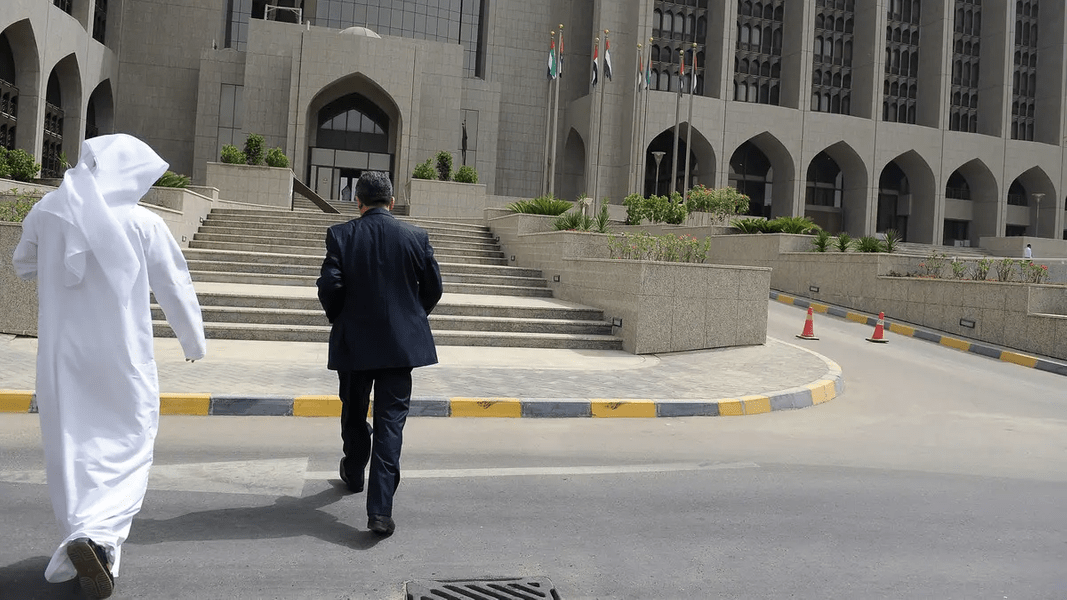The UAE Central Bank issued new guidelines on the risks related to politically exposed persons (PEPs) to help licensed financial institutions (LFIs) combat money laundering and terrorism financing.
LFIs providing services to PEPs must develop risk-based policies to ensure they appropriately identify such persons or related customers before the commencement of a business relationship, the banking regulator said in a statement on Tuesday.
The guidance requires institutions to carry out risk ratings and additional assments of such persons.
“LFIs must carry out specific mandatory due diligence measures on PEPs and their direct family members or close associates in addition to the standard due diligence required for all customers,” the bank said.
Institutions must demonstrate compliance with the new requirements within one month.
The move is aimed at helping LFIs ensure the effective implementation of their statutory anti-money laundering and combating the financing of terrorism (AML/CFT) obligations related to PEPs, the Central Bank said.
“We are keen to ensure that all LFIs comprehensively understand their role and responsibilities in mitigating relevant AML/CFT risks and safeguarding the UAE financial system from illicit activities,” said Khaled Balama, Governor of the Central Bank.
Transactions involving PEPs may expose LFIs to a “heightened risk” of money laundering, terrorism financing, and other illicit finance, the regulator said.
“This guidance provides LFIs with further requirements and measures they must fulfill before and after initiating business relationships with politically exposed persons to stay anti-money laundering compliant,” he said.
Under the new guidance, LFIs are also required to conduct ongoing monitoring of their business relationships with PEPs.








